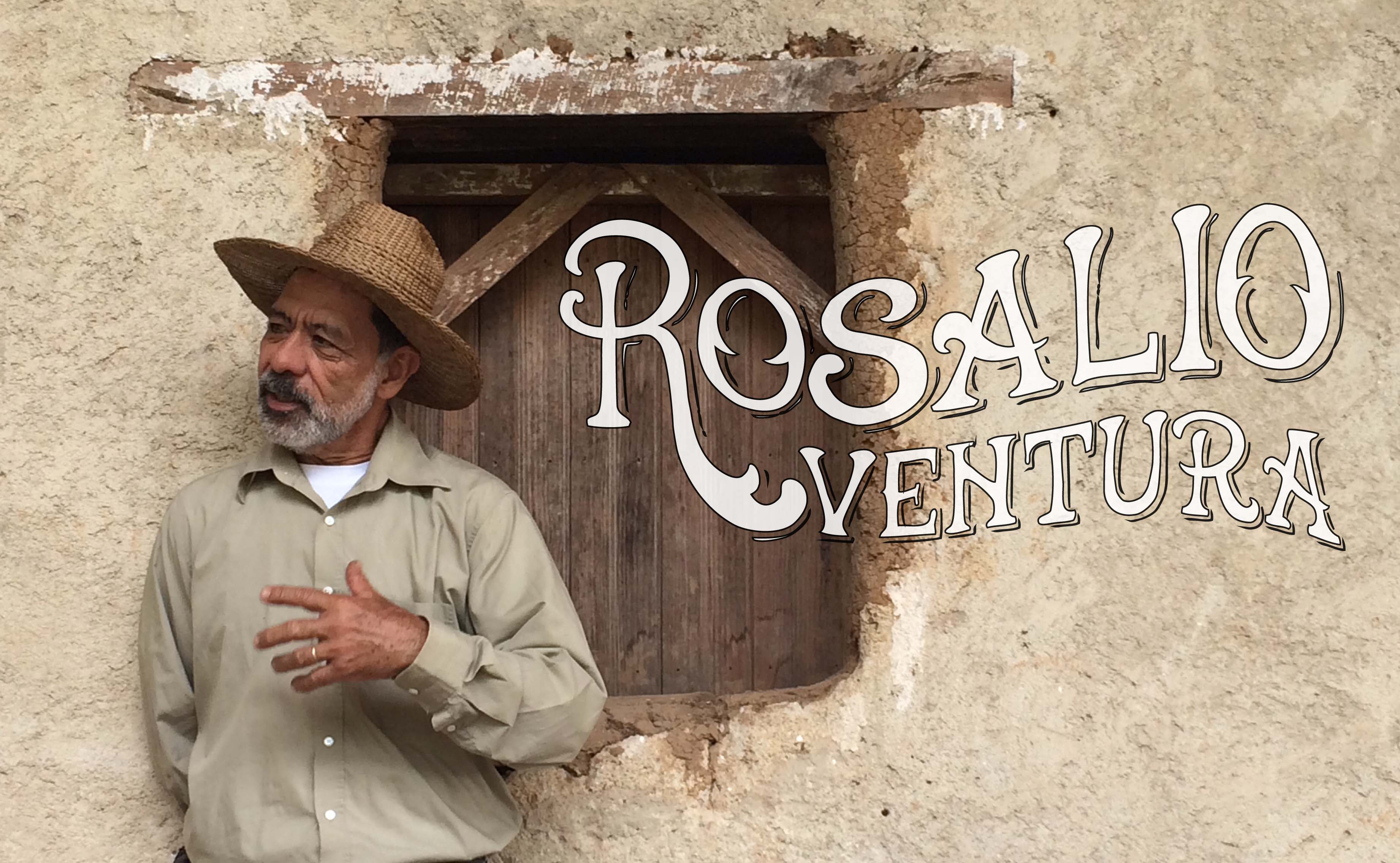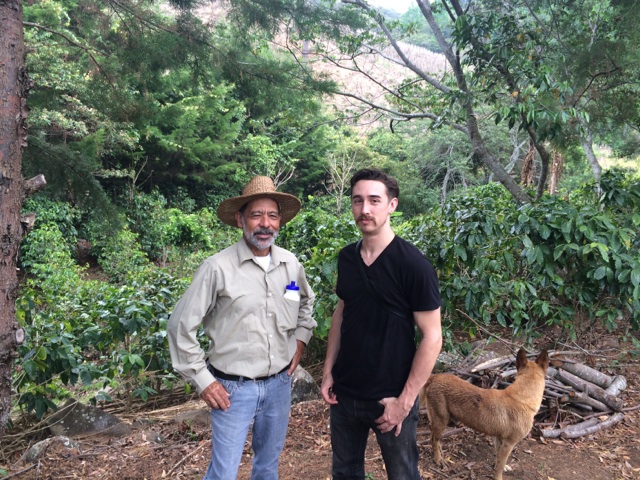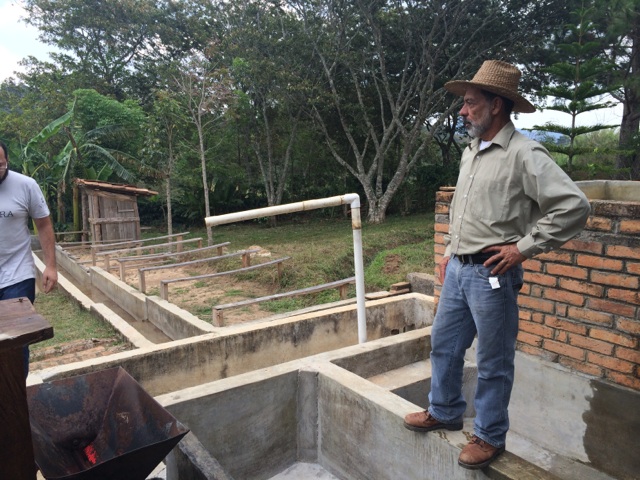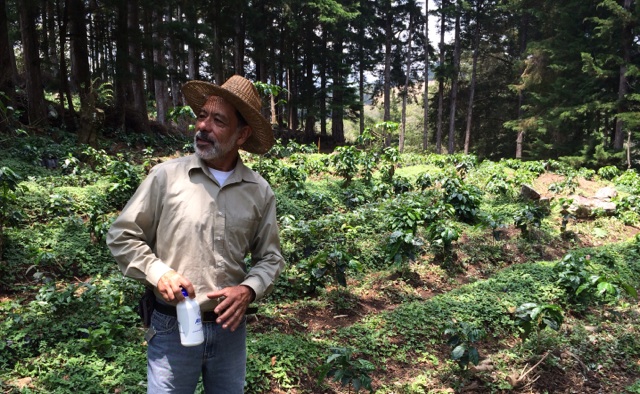Rosalio Ventura & The Parainema Cultivar
Posted by Hiver van Geenhoven on 17th Jul 2014

It was sometime in March 2014 that we received our pre-milling sample of Tulio Portillo from Honduras. Along with Tulio came another coffee that immediately caught our attention. When our importer and producer friend in El Salvador, Luis Rodriguez (son-in-law to Gloria Rodriguez Fontan), tasted this particular cup from the Mercedes, Ocotepeque region in Honduras, he immediately thought of us and sent a sample out.
Upon first look, we were curious about this large, elongated bean with unique floral and watermelon qualities. We also saw that there were only four bags of this coffee produced, so naturally we needed more information. A few weeks later I found myself on a plane to El Salvador with plans to meet up with Luis to visit Rosalio, his family, and all the people at the milling station in Honduras.
Luis and I were greeted with a warm welcome, and excitement about the first international coffee buyer reaching out to establish a relationship with Rosalio. As you can imagine, this was a great honor for us, and a big leap for our budding green buying program.

After a tour of their operation, we hopped in the truck to trek up the mountain to the farm, about 1350 meters above sea level. We got out halfway up to hike the rest of the way through the new & existing rows of coffee shrubs, banana trees, cedars, and milkshake trees, navigating streams & other not-so-friendly terrain along the way.
The coffee in question is “Parainema”, a hybridized cultivar resistant to coffee leaf rust and nematode infestations. The line began in 1981 as part of a series of experiments to address producers’ issues with disease and pests, and was originally known as Sarchimor T-5296. First plantings were in Costa Rica from 2006-2008; it was introduced to Honduras in 2010. It’s a short shrub with either green leaf tips, bronze, or both, depending on the lineage. Studies of cup quality at higher elevations are still ongoing, but based on what we’ve tasted so far, we’re extremely pleased.

Rosalio’s Parainema is processed at the mill on his farm and dried on the patios of the house where he grew up. A modest yet effective operation, it is washed in a continuous water-driven pulper, dried on raised beds, then finished off in a parabolic solar dryer.
After playing with his dog, hiking, and exploring the farm, we were treated to a delicious traditional lunch, over which we discussed coffee markets, stories from our childhood, revolutionary wars, and more.
An invigorating and enlightening experience, to say the least. We look forward to an ongoing relationship between Chromatic and Finca Elizabeth, named for Rosalio's wife.

This is the first year Rosalio has separated and produced specialty coffee, and while this harvest yielded only 600 pounds of green exportable coffee, more of the Parainema has been planted. We are excited for the future of this cultivar & Rosalio’s farm, and honored to share this rare and delicious offering with you.
Hiver van Geenhoven
Head Roaster & Green Buyer, Chromatic Coffee Company
P.S. Just kidding about the milkshake trees. Wait, you really think milkshakes grow on trees? Haha. NOPE.
